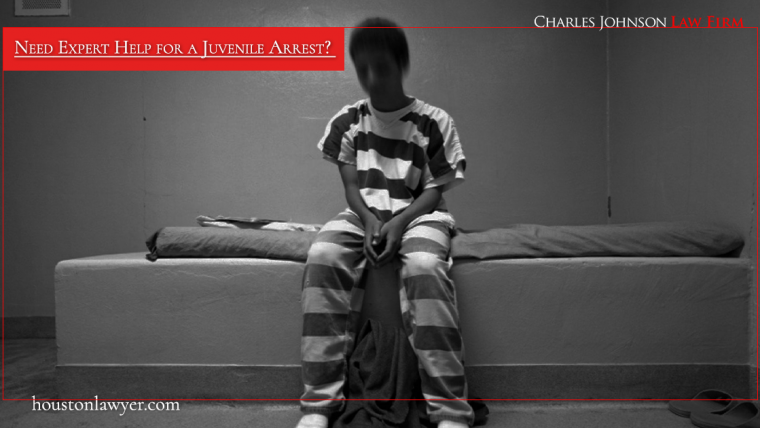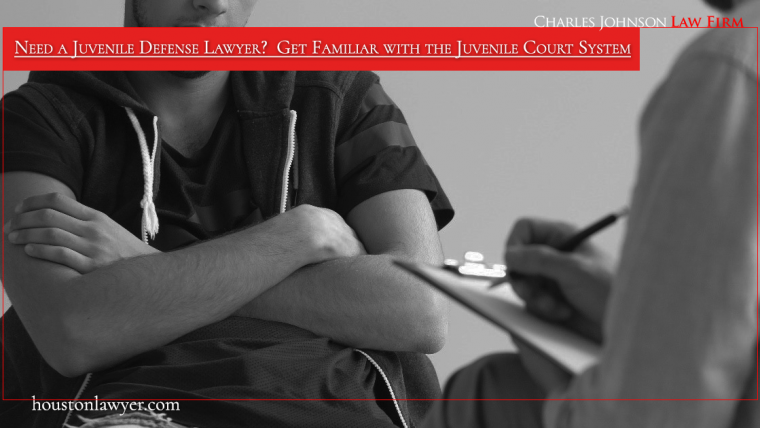If your child is arrested or referred to the juvenile court by some other means-perhaps even by you-you will undoubtedly face a flood of emotions and have a multitude of questions. An attorney experienced in juvenile law can answer your questions and walk you through the process, while helping to ensure the best possible outcome for you and your child. Although the juvenile court process can vary somewhat from state to state, or even county to county, the following summary outlines the basic steps that you can expect if your child should become involved with the juvenile justice system.
- A juvenile court matter comes to the court’s attention when the police apprehend a minor for violating a statute or a school official, parent, or guardian refers a problem with a juvenile to the court.
- The court intake officer then evaluates the case to determine whether further action is necessary, whether the child should be referred to a social service agency, or whether the case should be formally heard in juvenile court.
- If the situation is serious enough, the juvenile may be detained in a juvenile correction facility pending resolution of the matter or he or she may be sent to an alternative placement facility such as a shelter, group home, or foster home.
- If the intake officer decides that a formal hearing in juvenile court is not necessary, arrangements may be made for assistance for the child from school counselors, mental health services, or other youth service agencies.
- If the intake officer decides that the case should be heard in juvenile court, a petition is filed with the court setting forth the statutes that the child is alleged to have violated.
- In cases of serious offenses such as rape and murder, the matter may be referred to the district or county attorney’s office, after which the juvenile may be charged as an adult, tried in the criminal courts, and even sentenced to an adult correctional facility.
- If the matter proceeds to juvenile court and the child admits to the allegations in the petition, a treatment program is ordered.
- If the child denies the allegations in the petition, a hearing like an adult criminal trial is held. The child has the right to be represented by counsel at this hearing. Rather than trying the case to a jury, however, a judge hears the matter and decides whether the juvenile has committed the acts alleged in the petition.
- If the allegations have not been proven to the court’s satisfaction, the judge will dismiss the case.
- If the judge decides that the allegations have been proven, he or she may rule that the child is a status offender or a delinquent.
- A second juvenile court hearing is then held to determine the disposition of the matter. If the juvenile is not considered to be dangerous to others, he or she may be put on probation. While on probation, the juvenile must follow the rules established by the court and report regularly to his or her probation officer. Serious offenders, however, may be sent to a juvenile correction facility.
- Other treatment options include community treatment, like making restitution to the victim or performing community service; residential treatment, in which a juvenile is sent to a group home or work camp, with a focus on rehabilitation; and nonresidential community treatment, in which the juvenile continues to live at home but is provided with services from mental health clinics and other social service agencies.
Houston Juvenile Offenders Defense Lawyer: The Charles Johnson Law Firm
Don’t let your teenager’s poor judgment or drug use ruin their future. At the Charles Johnson Law Firm, we are prepared to protect the rights of teenagers in juvenile court, and where a plea bargain, juvenile probation, or other alternative form of sentencing is in our client’s best interests, we will work hard to get the best deal possible. When possible, we work to get juvenile violations removed through expunction, and we committed to getting our clients the treatment for drug and alcohol addiction they need.

